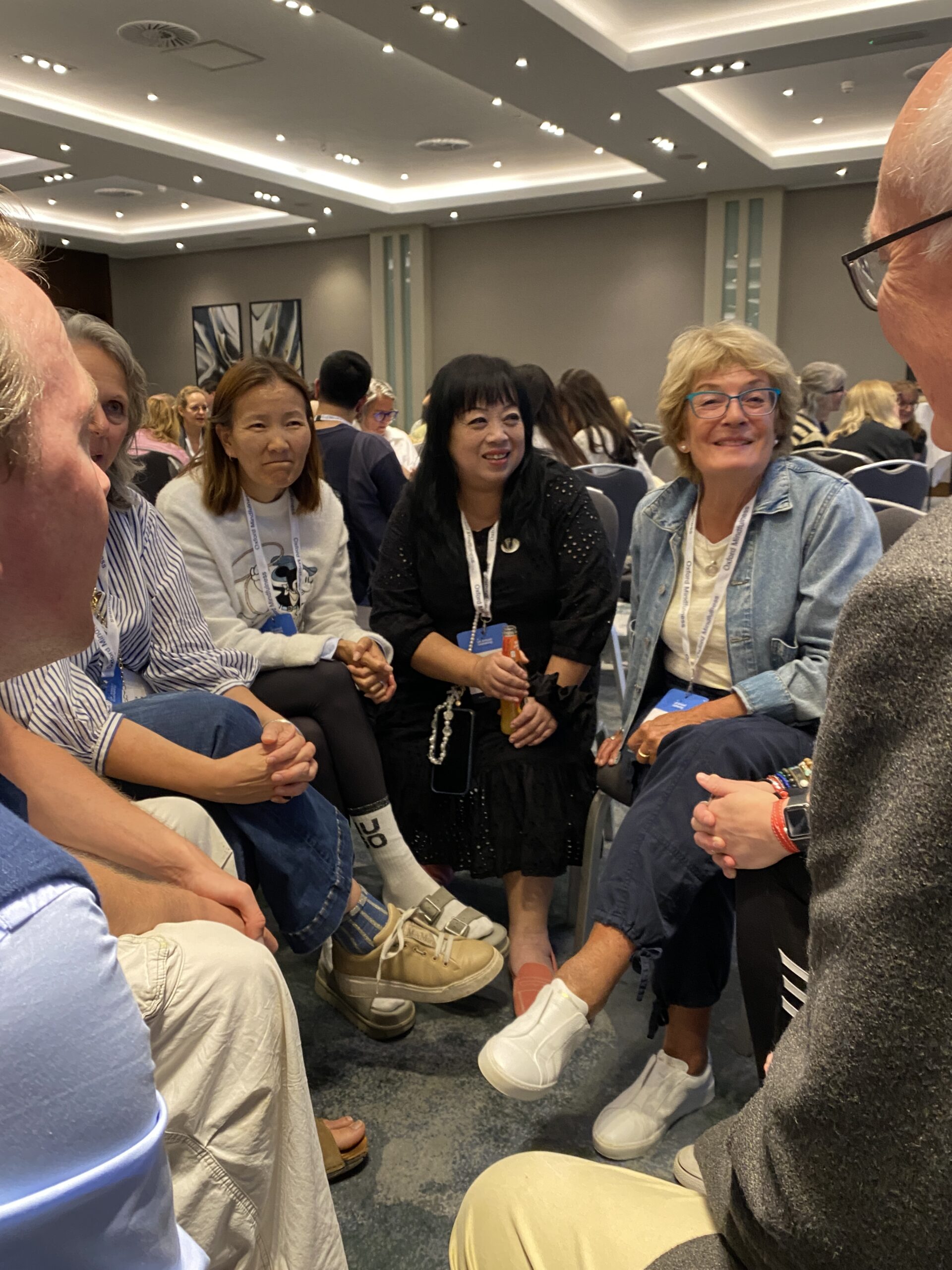As we continue to grow our global presence, one of the questions we often ask ourselves is:
How do we ensure fairness across borders, both for those delivering our programmes and those participating in them?
One of our latest steps in exploring this is the adoption of Purchasing Power Parity (PPP) to help guide decisions around participant fees and trainer payments in different regions.
Why Purchasing Power Parity (PPP)?
Purchasing Power Parity is a well-established economic concept that compares how far your money goes in different countries. Rather than sticking to a flat rate globally, PPP helps adjust payments and prices based on the local cost of living.
Let’s say our publicly listed teacher training fee is £4,960. That may feel relatively manageable in the UK or parts of Western Europe. But in other parts of the world, that same fee can feel disproportionately high, simply because of how local economies operate.
To give you a sense of this:
- In China, that £4,960 fee is equivalent to roughly £16,533 when adjusted for local purchasing power.
- In India, it’s around £19,840
- In Brazil, it’s about £12,400
In other words, what feels like £4,960 in the UK might feel three or four times more expensive elsewhere (calculations made in September 2025).
So what are we doing about it?
We’re starting to explore how we can use PPP to guide both how we compensate trainers and how we price our programmes internationally. The aim is to ensure that:
- Trainers are paid fairly within the context of their local economy
- Participants are charged accessibly, not prohibitively
- We can scale sustainably and reinvest in outreach, and support underrepresented regions
We’re not alone in exploring this approach. Organisations like the United Nations and World Bank use PPP principles in setting benchmarks for staff compensation, programme budgets, and global pricing comparisons. For us, it’s about aligning with a model that prioritises equity over equality, recognising that treating everyone the same numerically doesn’t always lead to fair outcomes.
What’s next?
This isn’t a fixed policy yet, it’s a live conversation which marks another step towards aligning our global delivery with the lived realities of the people we work with and for. We’re engaging with our global partners, listening carefully, and exploring where and how PPP might be introduced thoughtfully and transparently. It’s a balance of respect, sustainability, and long-term vision.
Over the coming months, we’ll begin inviting our international partners and teacher community to actively engage in this conversation. We’re keen to hear a range of perspectives, and we’ll continue to share more as the approach develops and evolves.
We’re grateful for the open dialogue with our partners and community as we make these important shifts together.




